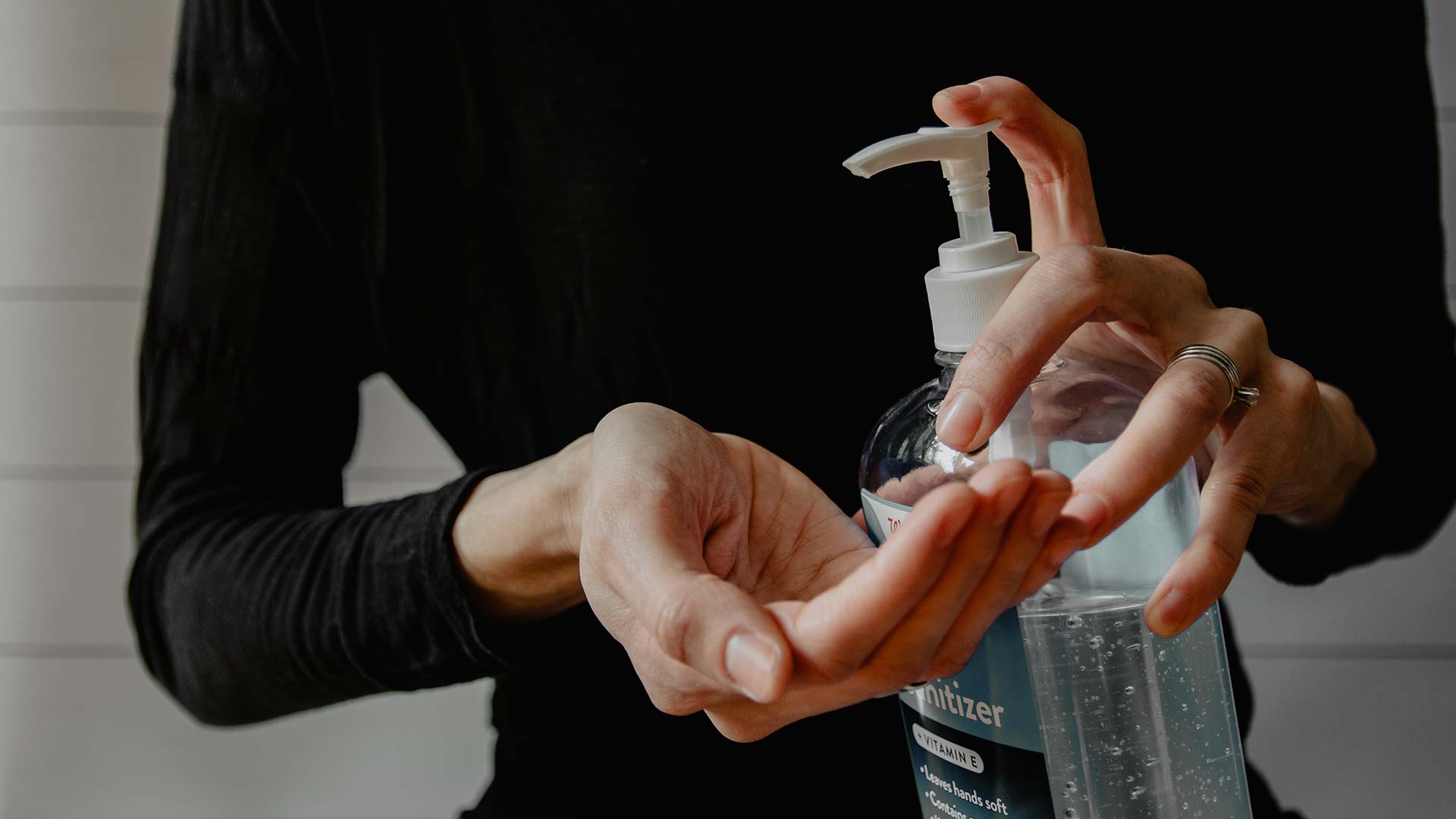What might extra sanitising mean for our immunity?
May 12, 2021
We’re entering an ‘era of uncertainty’
Heightened global awareness of cleanliness and Covid-19 preventative measures may influence human immunity, although whether these changes will ultimately benefit human health has been hotly debated.
Clinical risk management expert and medical adviser to Health Squared Medical Scheme, Dr Jacques Snyman, considers the potential unintended consequences for immunity that might arise from the large-scale move towards disinfecting, mask wearing and other measures to prevent the spread of illness-causing pathogens.
“It is indisputable that hygiene is essential to preventing the spread of many infectious illnesses and diseases, including Covid-19. However, we have no way of determining with certainty what the longer-term effects of this dramatic shift towards disinfecting, sanitising and eliminating germs may be,” he says.
“Long before the pandemic, questions were being asked about the use of increasingly sophisticated home disinfectants and hand sanitisers. A particular area of debate was whether this constituted potentially unhealthy ‘germaphobia’ or served as reasonable precaution against the immediate health risks posed by infection from pathogens and germs in general.”
According to some schools of thought, ‘overzealous’ hygiene might threaten our natural defences by depriving the body’s immune system of opportunities to recognise and build resistance to germs. “However, as with Covid-19, some people appear to be more susceptible to certain infections and are therefore at greater risk if they are exposed, while the majority of the population may experience only relatively mild illness. In many cases, the immune systems of those who survived the illness may be better equipped to defend against the same pathogens in future.”
According to Dr Snyman, in the past year increased awareness of infection prevention measures brought about by the pandemic have had a clear impact on public infectious illnesses. “The 2019 influenza season was fairly brutal with a significant number of hospitalisations and deaths globally. However, there does appear to be evidence from countries including South Africa that indicates the number of influenza cases declined dramatically from 2019 and 2020.
“A recent study from the US Centre for Disease Control (CDC) found that positive flu tests declined from 20% to below 2% or even undetectable levels in some regions, while local pathology survey reports of the major pathology groups in South Africa indicated very low incidence, if any, of the influenza virus being present during the winter of 2020,” he says.
“Last year, we therefore did not experience our typical flu season – far fewer cases were reported. It does seem as though the enhanced hygiene precautions due to Covid-19 may well have helped to stem flu infections. Although it would take longer to reflect in the published data, it may also be possible that efforts to prevent Covid-19 such as mask wearing and an emphasis on good ventilation could slow the spread of other diseases, including tuberculosis (TB) for instance.
“On the other hand, proponents of the hygiene theory of allergies would argue that our immune systems need exposure to a wide variety of germs to make it stronger and less prone to allergic reactions to otherwise fairly harmless environmental factors such as pollen,” Dr Snyman notes.
“In Eastern Europe, for example, it was observed that people living in traditional wooden houses, where the ground floor is used as a stable, suffered significantly fewer allergies – 20% to 50% less – than the typical population, where approximately 10% of people suffer allergies in Western Europe,” he says.
“It has been hypothesised that the germs and/or toxins from the animals on the lower level would rise through the houses to where the people lived and, from birth, the children’s immune systems were constantly stimulated through continual exposure.
“It has been suggested that this could have a protective effect through building natural immunity, which may not only assist the person for their lifetime, but may also be passed down through their genes to future generations,” Dr Snyman says.
“Covid-19 has been particularly devastating, in part because humans have not been exposed to it before, therefore even in genetically diverse populations like ours we had no inherent immunity. What we don’t know in the current situation where increased hygiene is a necessity for Covid-19 prevention, is how this may affect our immune systems in the longer term, and those of our great-great-grandchildren. We are entering the era of the unknown.
As part of Health Squared’s sustainable, member-centred approach to healthcare funding, it was the first scheme to cover Covid-19 tests irrespective of the result, thus encouraging responsible testing behaviour early on to help prevent community spread. The scheme will also cover the Covid-19 vaccine in full for members on all benefit options.
“Even with early detection and every precaution in place, a highly contagious virus like the novel coronavirus is still likely to spread wherever people interact. Ultimately, this may be necessary to bolster vaccination efforts to reach population immunity, because RNA viruses tend to mutate more readily and naturally-acquired immunity appears to offer protection against a range of variants.”













